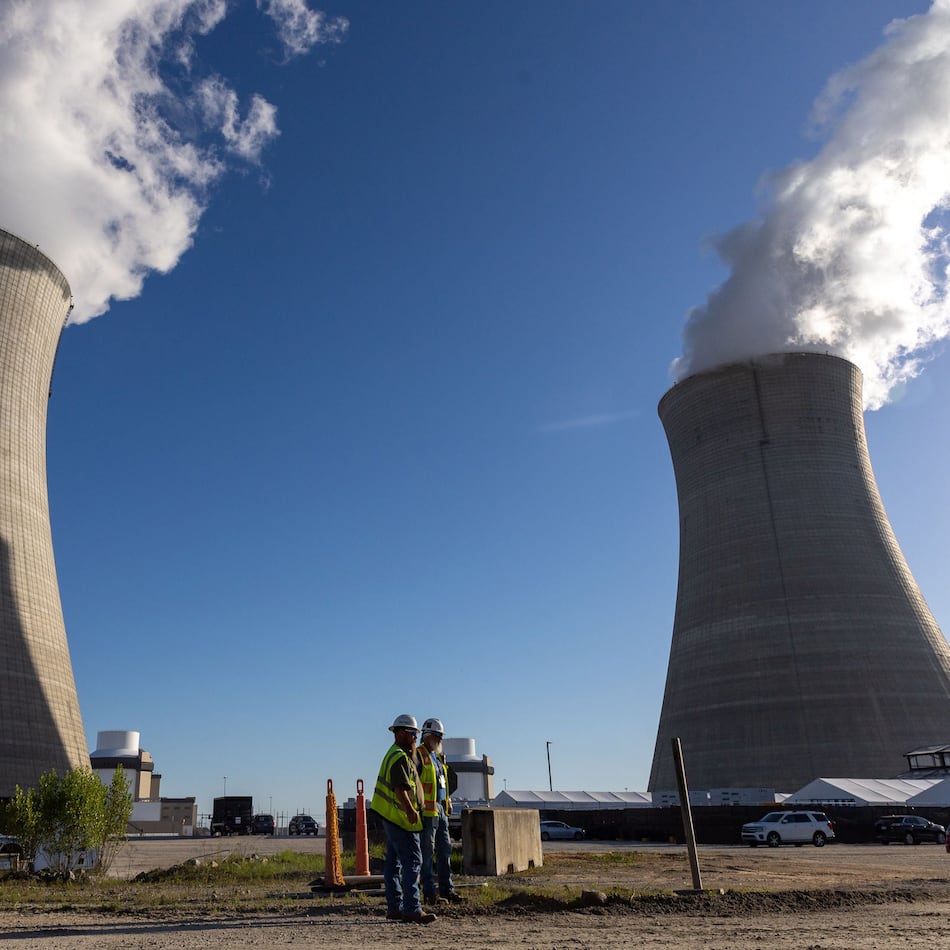Home Depot doesn't expect to raise prices because of tariffs, saying it has spent years diversifying the sources for the goods on its shelves.
Billy Bastek, executive vice president of merchandising, said during a conference call on Tuesday that Home Depot's suppliers have shifted sourcing across several countries and that the company doesn't expect any single country outside of the U.S. will represent more than 10% of its purchases 12 months from now.
“We don’t see broad based price increases for our customers at all going forward,” he said.
Other companies, domestic and foreign, have warned customers that price hikes are on the way due to a trade war kicked off by the U.S.
Walmart said last week that it has already raised prices and will have to do so again in the near future. Late Monday, Subaru of America said it would raise prices on some of its most popular models by as much as $2,000.
President Donald Trump lambasted Walmart, saying on social media over the weekend that the retail giant should "eat" the additional costs created by his tariffs.
As Trump has jacked up import taxes, he has tried to assure a skeptical public that foreign producers would pay for those taxes and that retailers and automakers would absorb the additional expenses. Most economists are deeply skeptical of those claims and have warned that the trade penalties would worsen inflation.
During the first quarter, Home Depot’s revenue climbed as customers spent slightly more on smaller home projects.
A number of U.S. companies have lowered or pulled financial guidance for investors as tariffs launched by the the Trump administration scramble world trade but on Tuesday, Home Depot stuck by earlier projections of sales growth at around 2.8%.
Shares of the Atlanta company dipped slightly on Tuesday.
Revenue rose to $39.86 billion from $36.42 billion a year earlier, beating the $39.3 billion that analysts polled by FactSet expected.
Sales at stores open at least a year, a key gauge of a retailer’s health, edged down 0.3%. In the U.S., comparable store sales climbed 0.2%.
Wall Street anticipated a 0.1% decline in same-store sales.
Customer transactions rose 2.1% in the quarter. The amount shoppers spent climbed to $90.71 per average ticket from $90.68 in the prior-year period.
“Our first quarter results were in line with our expectations as we saw continued customer engagement across smaller projects and in our spring events,” Home Depot Chair and CEO Ted Decker said in a statement.
Home improvement retailers like Home Depot have been dealing with homeowners putting off bigger projects because of increased borrowing costs and lingering concerns about inflation.
The U.S. housing market has been in a sales slump dating back to 2022, when mortgage rates began to climb from pandemic-era lows.
Sales of previously occupied homes have dropped as elevated mortgage rates and rising prices discouraged home shoppers.
Existing home sales fell 5.9% in March from February to a seasonally adjusted annual rate of 4.02 million units, the National Association of Realtors said. The March sales decline was the largest monthly drop since November 2022, and marks the slowest sales pace for the month of March going back to 2009.
Sales of previously occupied U.S. homes fell last year to their lowest level in nearly 30 years.
“One of the central problems for Home Depot is the skittish housing market,” Neil Saunders, managing director of GlobalData, said in a statement. “While last quarter was robust, home sales declined by 3.1% year-over-year this quarter as consumers were deterred from moving by continued high interest rates and growing economic uncertainty. This lack of recovery makes it difficult to drive home improvement spending.”
For the three months ended May 4, Home Depot Inc. earned $3.43 billion, or $3.45 per share. A year earlier the Atlanta-based company earned $3.6 billion, or $3.63 per share.
Stripping out certain items, earnings were $3.56 per share. Wall Street was calling for earnings of $3.60 per share.
Keep Reading
The Latest
Featured



